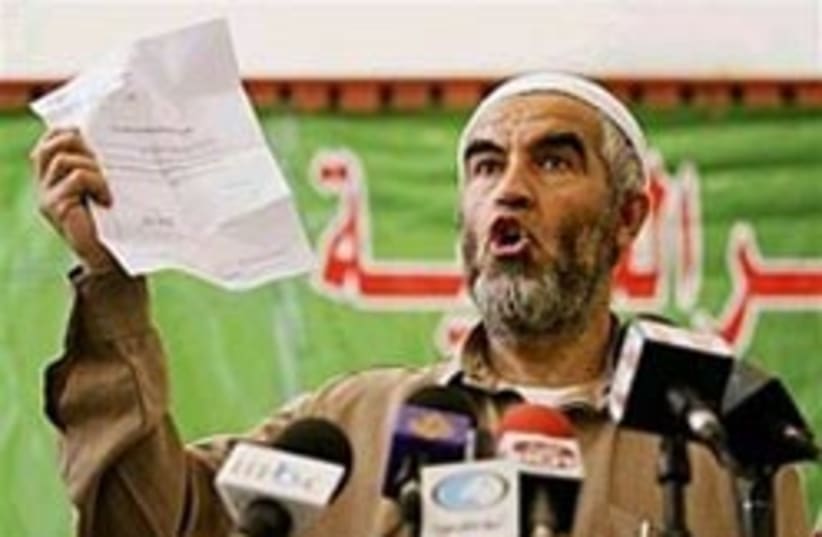| More about: | Arab citizens of Israel, Zionism, Palestinian National Authority, Israel |
Stop hate education
Anti-Israel incitement in semi-autonomous Arab-Israeli schools is being overlooked.


| More about: | Arab citizens of Israel, Zionism, Palestinian National Authority, Israel |